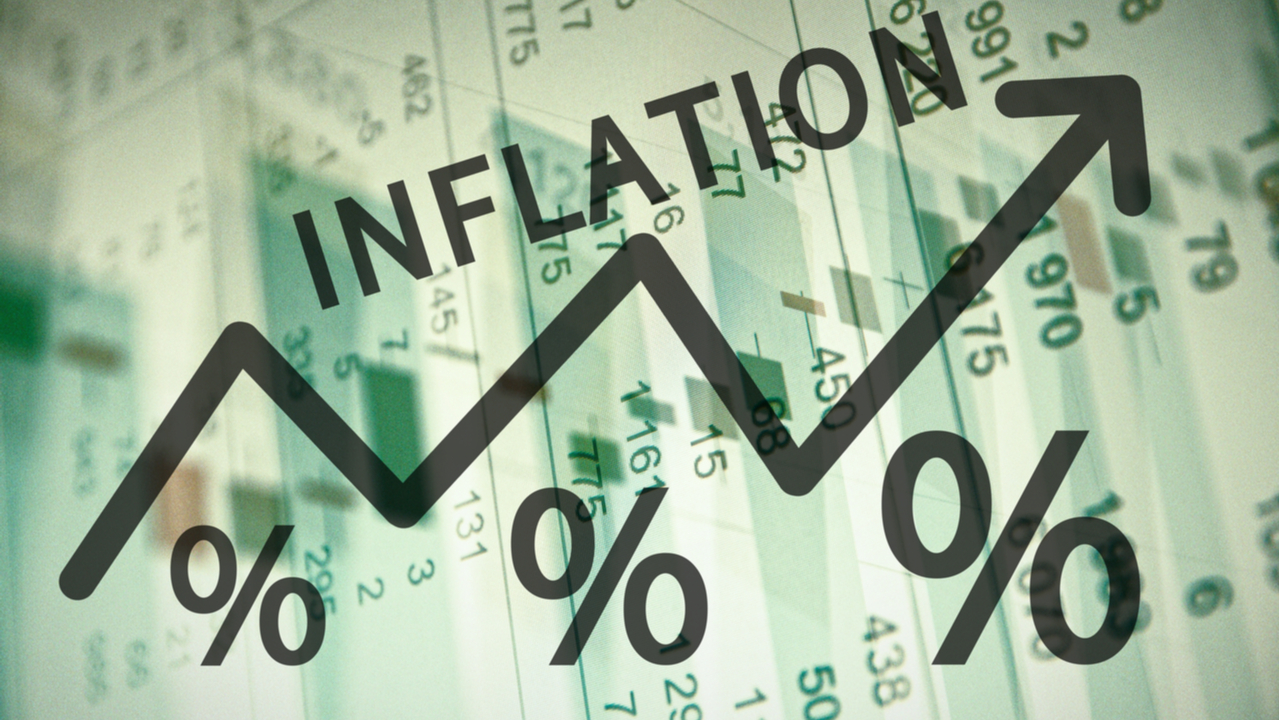Because this is not Putin’s inflation. Wsj report

The inflation that worries the US did not wait for Putin to invade Ukraine to arrive. Here's how and where it started
On Monday, White House aides warned that Tuesday's inflation report would not be positive and blamed it on Russian President Vladimir Putin. Which is arguably better than blaming your own policies. But inflation did not wait for the invasion of Ukraine to appear and it will be difficult to reduce by now.
The White House was right about the consumer price index, which rose 1.2% in March, the highest monthly increase since current inflation began. The increase in prices in the last 12 months has reached 8.5%, the fastest rate in 40 years – reads the editorial of the WSJ .
Energy prices contributed heavily to the increase in March and some of these were due to the turbulence in the oil markets following the invasion. But so-called base prices, excluding food and energy, have risen by 6.5% over the past 12 months. Service prices, excluding energy, which are not expected to be affected by supply chain disruptions, increased by 0.6% in March alone and by 4.7% in 12 months.
The inflation trend began in earnest a year ago, at the beginning of Biden's presidency. It has accelerated for most of the past 12 months. This was long before Putin decided to invade. The timing reflects too much money chasing too few assets, mainly due to the combination of large federal spending and easy monetary policy.
Former President Trump signed a futile $ 900 billion Covid relief bill in December 2020, and Democrats threw kerosene on the coals with another $ 1.9 trillion in March 2021. The Federal Reserve continues to support interest rates. negative real interest rates nearly two years after the end of the pandemic recession. This inflation was done in Washington.
Markets took the bad inflation report quietly on Tuesday, perhaps because they had (like the White House) already discounted the news. Or perhaps investors think the March report represents the peak of inflation. Oil prices may not continue to rise and the report included some good news on used car and truck prices (down 3.8% over the month).
However, the general pricing news is dire for American workers and consumers. The March surge meant real wages fell 0.8%, a 2.7% drop over the past year. Average weekly real earnings fell by as much as $ 4.26 in March alone and nearly $ 18 during Biden's presidency. If you want to know why Americans are unhappy with the economy even though jobs are plentiful, this is it. Their real wages are falling as the prices of daily goods and services are rising rapidly. The average worker that Democrats invoke when demanding more federal spending is crushed by the inflationary consequences of too much federal spending.
The surge in inflation requires a policy shift towards a more restrictive currency and fewer expenses that fuel excess demand. The Fed is now on its way, raising interest rates and starting to reduce its bloated $ 9 trillion balance sheet. His task would have been easier if he had started a year ago. Now it will have to move faster in an economy that is still growing, but with less business and consumer confidence.
Core inflation of 6.5% is also more than three times the Fed's target rate of 2%. The Fed's consensus target at its March meeting for a Fed funds interest rate peak of 2.8% in 2023 seems inadequate. History suggests that once inflation is this high, interest rates will have to exceed the rate of inflation to break it.
This will carry the risk of recession. The Fed's anti-inflation resolve will be tested if growth collapses and financial woes explode. Any central banker can cut interest rates. Paul Volcker's test of monetary courage is to raise rates when the political class is yelling at you.
As for the Biden administration and Congress, the best anti-inflation policy would be a spending freeze on everything but defense: cut tariffs, which would be a one-off price cut, and put a moratorium on new regulation that increases costs for businesses.
(Extract from the foreign press review by eprcomunicazione )
This is a machine translation from Italian language of a post published on Start Magazine at the URL https://www.startmag.it/economia/perche-questa-non-e-linflazione-di-putin-report-wsj/ on Sun, 17 Apr 2022 06:21:16 +0000.
